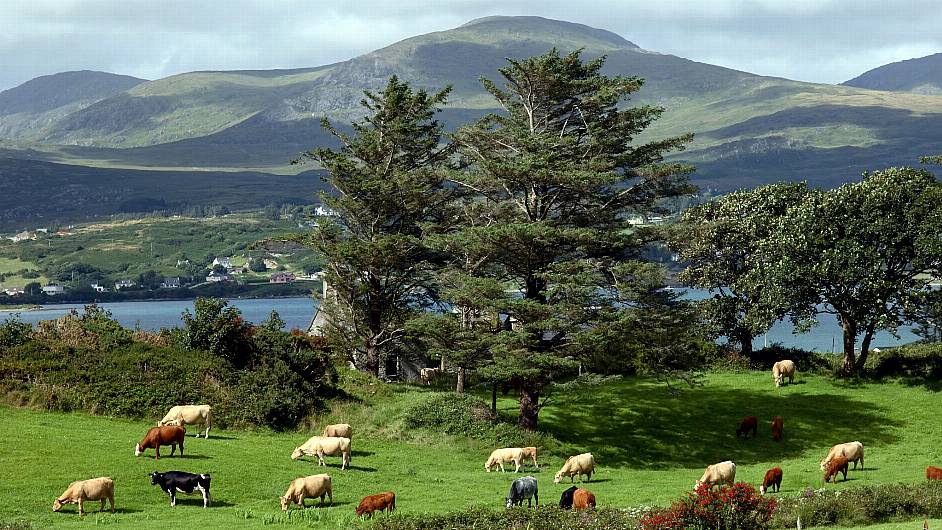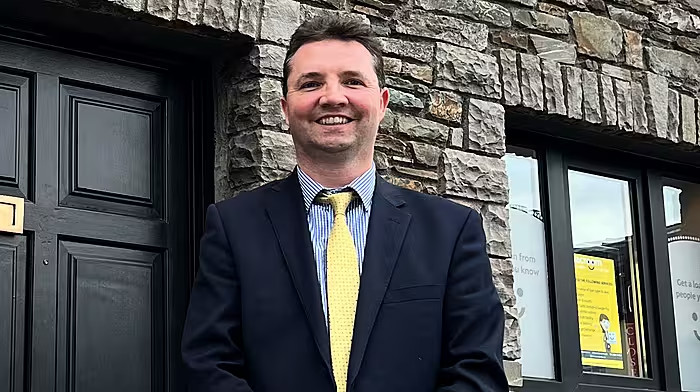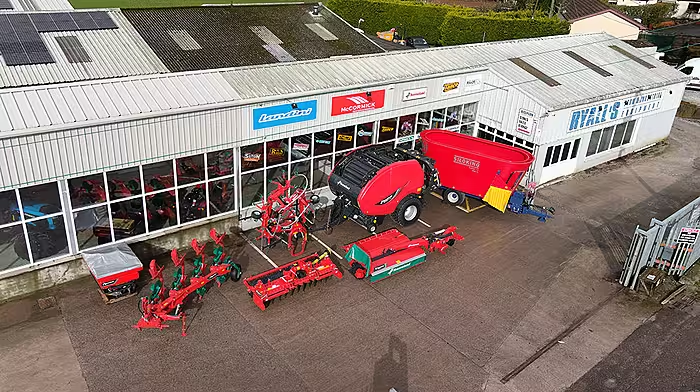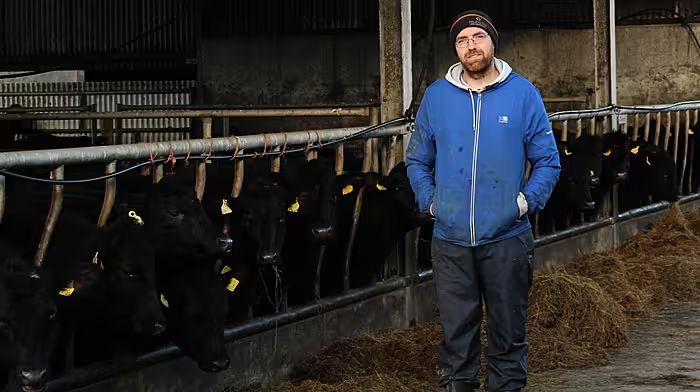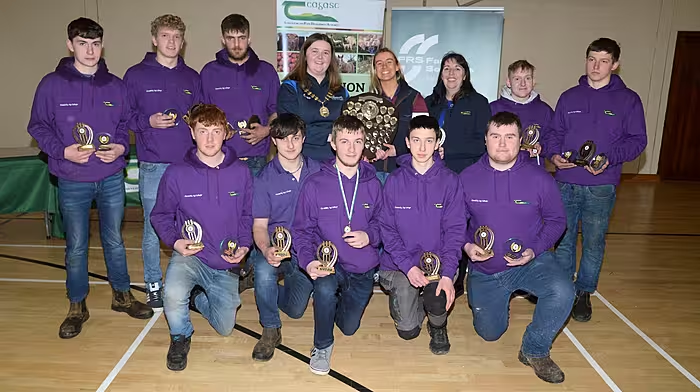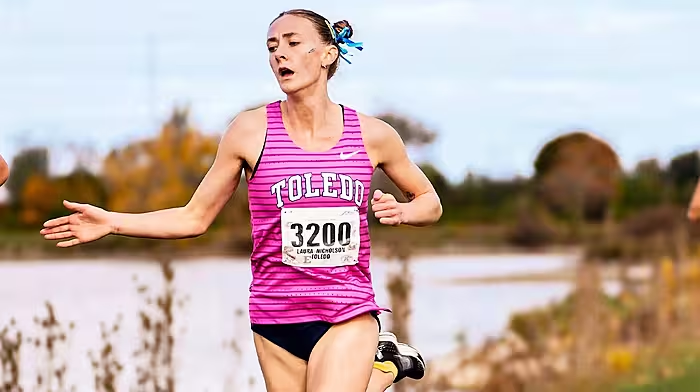BY MARK ROBINS
WITH the new CAP coming next year Minister for Agriculture Charlie MacConalogue has kicked off a consultation on a ‘REPS2’ as a pilot for what we can anticipate will be much more environmental spending in farmer supports over the coming years.
While some of Irelands more famous farmed environments – the big bog systems of the midlands or Connemara and the highest hills of Kerry, will no doubt get a good share of this money, what about our West Cork farmers and the great biodiversity-rich land they have here. Will they see a fair share?
REPS or Rural Environmental Protection Schemes have been around in various forms (e.g. GLAS) for years and this new version will likely be an evolution along the lines of a ‘results-based’ approach where payment schemes will reward farmers for environmental effort by linking payments to the quality of environmental outcomes delivered.
At its simplest this idea means ‘get a good environmental result, get a good payment’ with the quality of results based on a straightforward scoring system. It helps that Ireland has been at the forefront of testing the results-based model using it successfully in the Burren Project and various EIP (European Innovation Partnership) projects including the Hen Harrier Project, the BRIDE Project in East Cork.
Back to my question, will we see serious money coming to West Cork farmers? We have the farmed habitats – the hills, the small bogs and wetlands, the coastal strip, small woods, the furze and the heather (and of course the islands), but will farmers want to apply? Will the scheme pay enough to make it worth it?
From my perspective as an environmentalist who has worked with farmers around these sorts of schemes for years (largely in the UK but also elsewhere) there’s everything to be gained for the birds and the bees (and the plants and the carbon and the clean water etc), but can we find some leaders to champion a West Cork approach? It’ll take effort and the reward must be worth it for the guys (and gals) who take up the support.
Maybe the most obvious opportunities here will be for the suckler farmer but we can find options for others too. In this new ‘results-based’ approach, the result we surely want is for West Cork farmers to be well rewarded for the environment they produce.
• Mark Robins lives on the Mizen and has worked with farmers and environmental schemes for many years.

